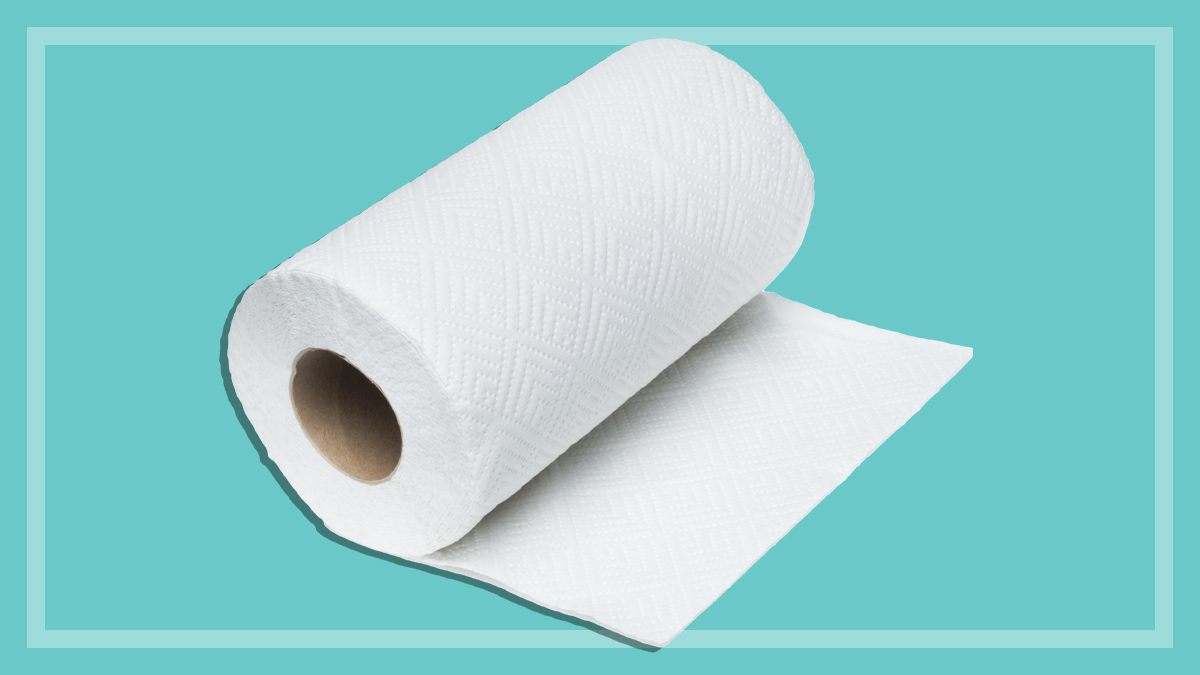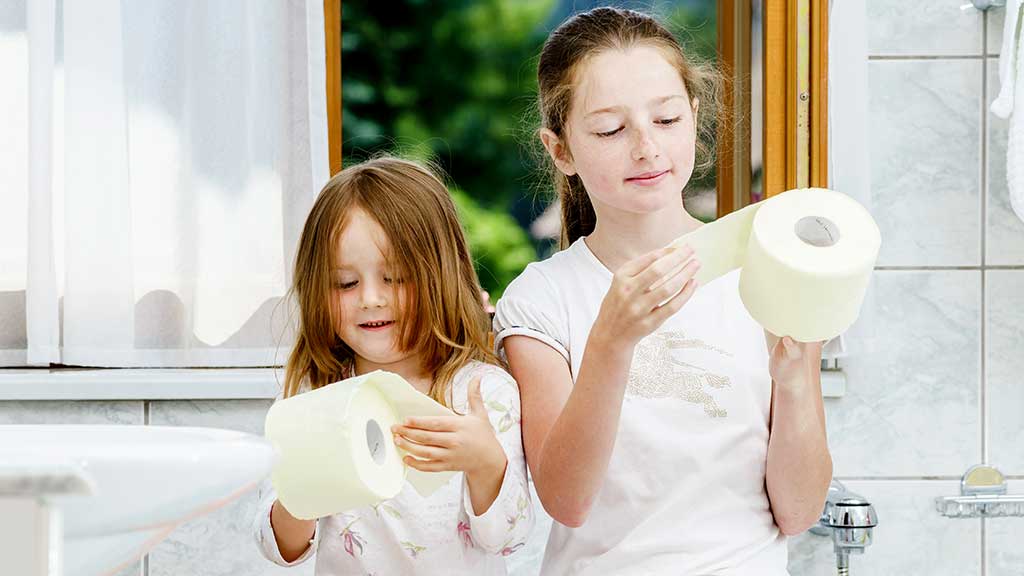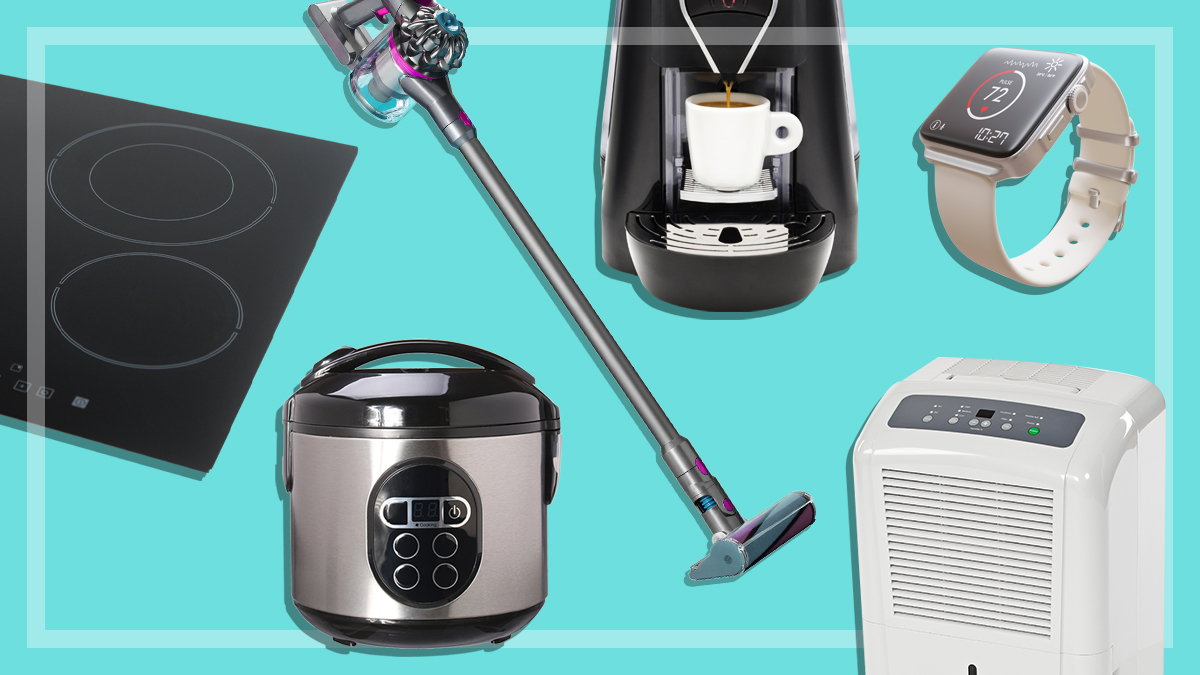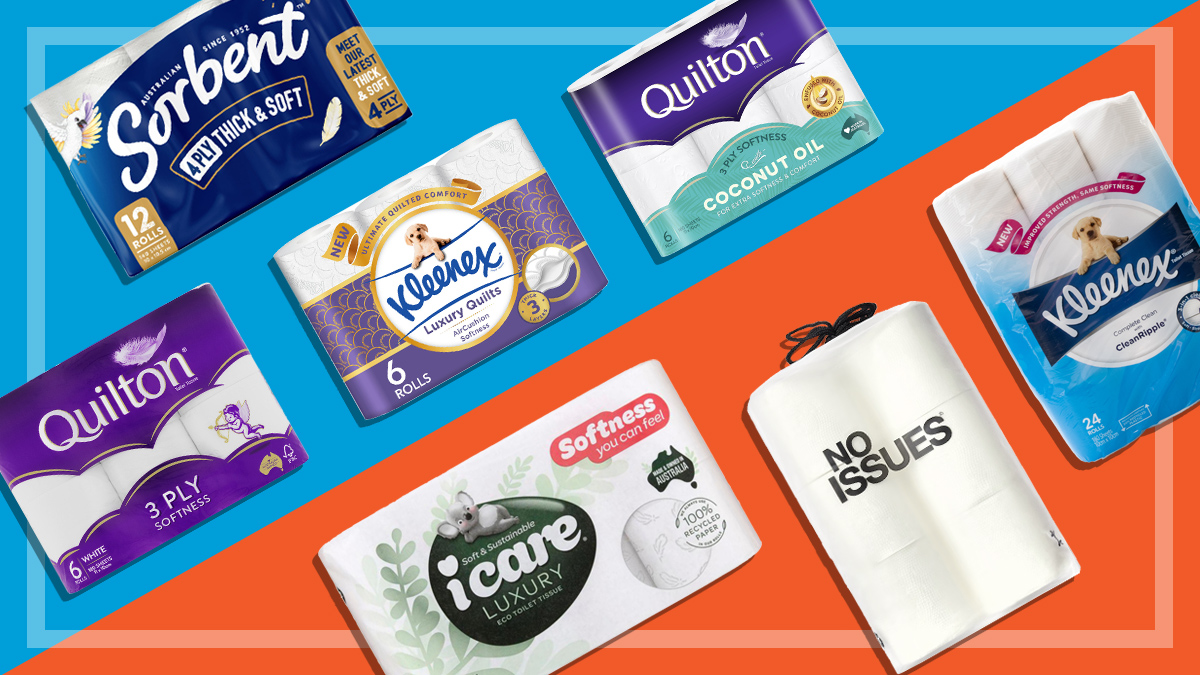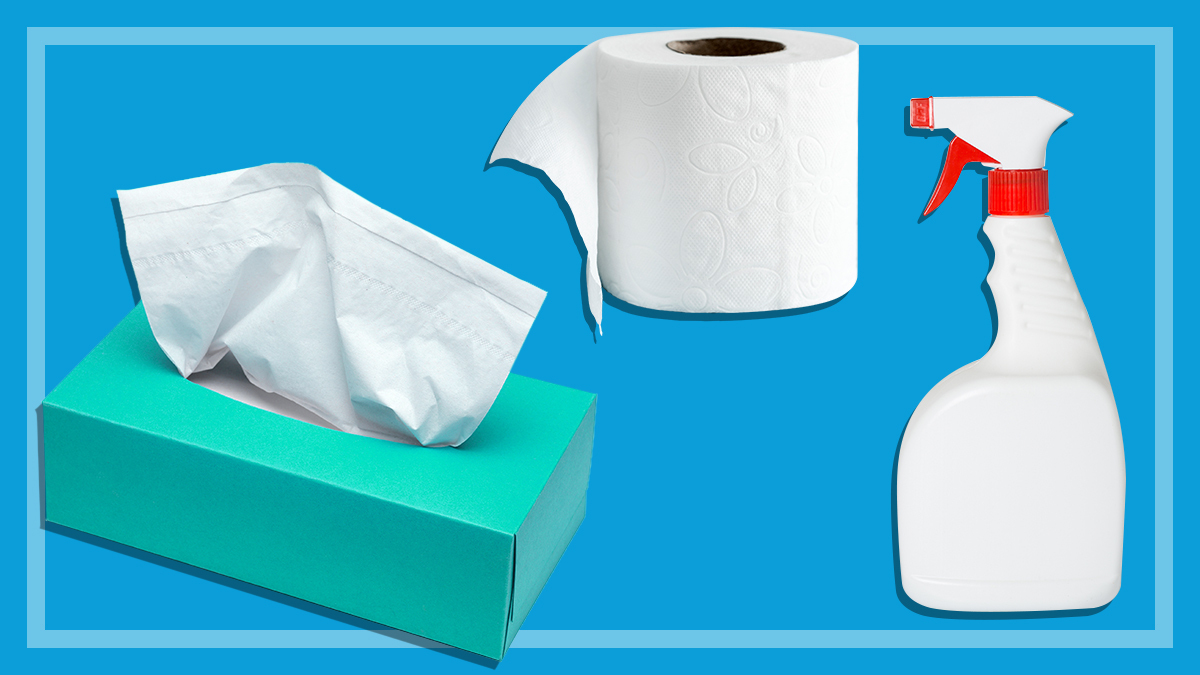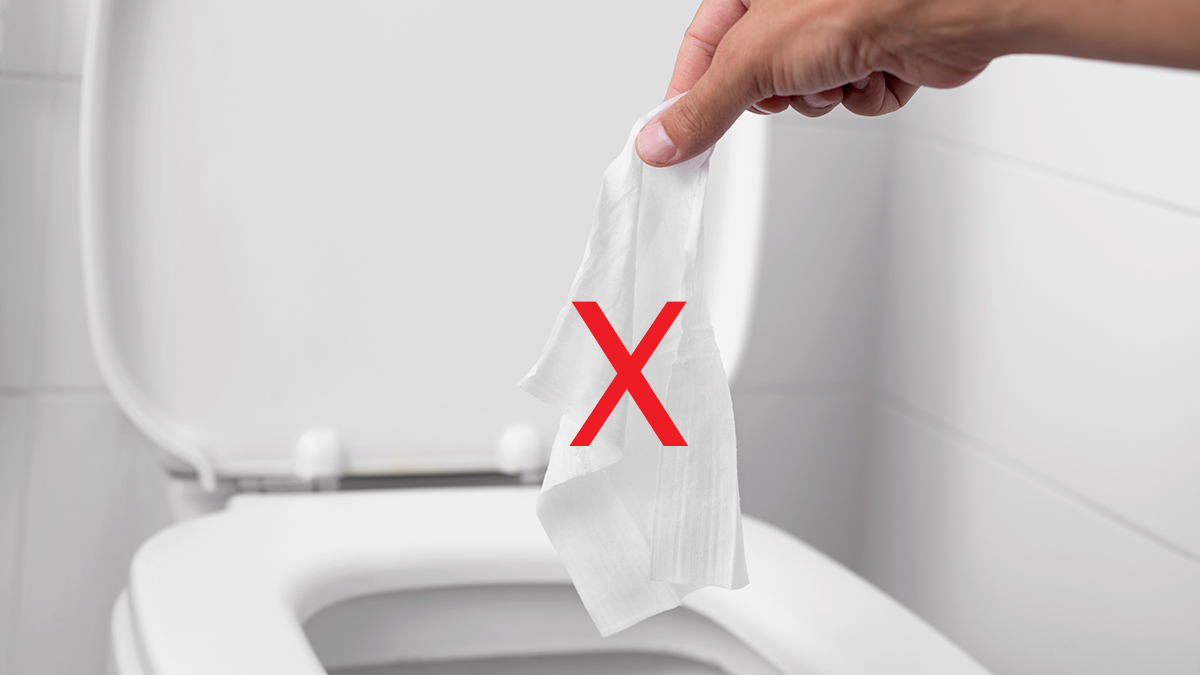Get our independent lab tests, expert reviews and honest advice.
How to find the best paper towels
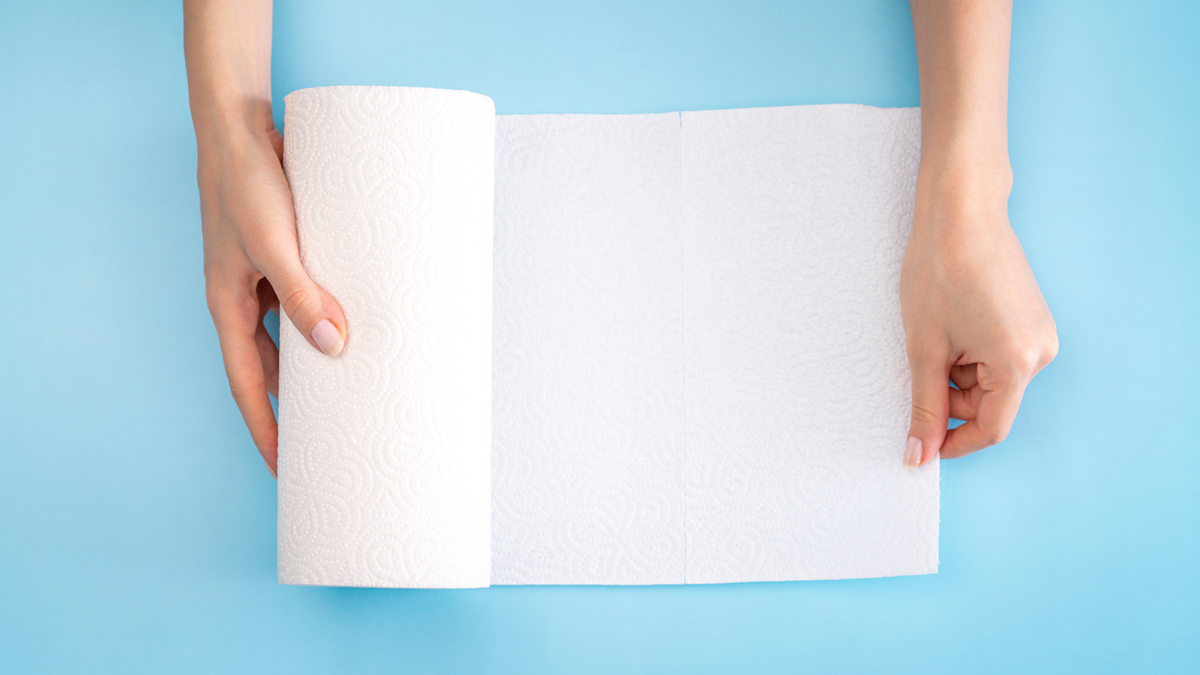
The humble paper towel is our go-to for many household tasks, from mopping up spills and keeping herbs fresh to ad-hoc coffee filtration and even checking your car’s oil levels.
On this page:
In 2021 the paper towel category was worth over $288 million in Australia, and it’s not surprising given the options for use are seemingly endless.
Like many kitchen staples though, you probably don’t give it a second thought, but there’s more to consider when buying than you might think.
How we test paper towels
Our lab measures the various aspects that combine to make for a pleasant paper towel experience in your kitchen. So, what do we look for in our tests?
Absorption: How much liquid each towel can absorb. This is considered the most important aspect of a paper towel’s performance.
Puncture force: The strength of the towel, defined by its resistance to puncturing. A higher score means your finger is less likely to go through the paper towel.
Separation force: How easy it is to separate the paper towel at the perforation (the easier the better).
Wet tear strength: The force required to tear the towel when it’s wet. This test equates to ripping the towel when handling something you’d rather not, such as raw chicken.
Performance is important of course, but there are other factors you should also pay attention to when deciding what to buy.
Virgin vs recycled paper towel
- Virgin paper towel is made from all new material with no recycled fibres.
- Recycled paper towel is made by re-using a variety of materials.
The recycling process is less environmentally damaging than harvesting virgin timber (even from renewable forests) and means less waste in landfill. However, paper can only be recycled four to six times before the fibres become too short and weak, so we’ll always need virgin materials.
There aren’t that many recycled paper towel products available, so if that’s your preference and you can’t find any, the next best product would be one with FSC or PEFC certification.
Can you recycle paper towels?
Unfortunately, paper towels are not recyclable. Used paper towels are typically ‘food contaminated’, and they’re also made using chemicals which improve their wet tear strength, so can’t go in the recycling. You may be able to compost paper towels in your garden if they’ve been used with dirt, water or plant-based food, but not if you’ve wiped up grease or used chemical cleaning products.
Instead, look for 100% recycled or similar claims on the packaging when buying.
We contacted our CHOICE Community to find out what they’re using their paper towels for around the home.
- Keeping greens and herbs fresh
- Drying flowers
- Cooking bacon in the microwave
- Drying salad leaves
- Wiping up spills
- Dabbing away the moisture from raw meat
- Ad-hoc filter (from coffee to wine)
- Straining grease from a variety of cooked goods
- Cleaning wok
- Re-seasoning cast iron pans
- Cleaning the BBQ
- Drying cat litter boxes
- Buffer for shoes
- Folded up to stop tables from tilting
- Camping toilet paper
- Cleaning glass windows and mirrors
- Cooking frozen pies in the microwave (it helps stop pastry from getting soggy)
FSC (Forest Stewardship Council) certification
FSC is an international, non-profit organisation that promotes responsible forest management by setting standards on forest products with a certification process. You’ve probably seen the FSC tree-tick logo on paper towel packs, and it has four distinct classifications.
- FSC Mix means the product can be a mixture of timber/fibre from an FSC-certified forest, reclaimed timber/fibre, or timber/fibre from other controlled sources. The entire production volume needs to contain at least 70% FSC-certified material, but that doesn’t necessarily mean that a particular product line will contain any FSC-certified material at all.
- FSC Recycled means all the timber/fibre in the product is recycled material, however 15% can be pre-consumer waste (manufacturing scrap that has been put back into production). Your best bet is to look for products with this logo.
- FSC 100% means all the timber/fibre in the product comes from an FSC-certified forest.
- FSC Bamboo means the product is made from bamboo from a renewable forest, not timber.
Ultimately, the FSC logo isn’t a guarantee that the whole product is from a sustainable source, but it does indicate that the virgin fibres used came from forests managed to higher environmental and social standards.
PEFC certification
The Program for the Endorsement of Forest Certification (PEFC) is an international organisation that works to promote sustainable forest management and make sure timber and non-timber forest products are produced with high ecological, social and ethical standards.
It has a third-party classification scheme and you can identify its products by its PEFC-certified label. PEFC has two classifications:
- PEFC Certified: at least 70% of wood comes from PEFC-certified forests and wood from controlled sources.
- PEFC Recycled: at least 70% PEFC-certified material from recycled sources and wood from controlled sources.
What to consider when buying paper towels
Ply count
This simply refers to the number of layers of paper used. Generally the higher the ply count, the thicker, softer, stronger and more absorbent the paper should be. Paper towels generally range from two- to four-ply.
Printed, scented, embossed, quilted
These ‘features’ are all added for decorative and aesthetic appeal. Whether you choose to buy paper towels with these features comes down to personal preference.
Hypoallergenic
If you have a sensitivity to dyes or perfumes then look for a paper towel without them and one that claims to be hypoallergenic.
Elemental chlorine-free (ECF)
Consumers love white and bright paper towels. Elemental chlorine gas is a common bleaching agent that achieves this, but also produces dioxins which can be harmful to humans and the environment alike. That’s why you may have seen products labelled ‘elemental chlorine-free bleaching’. These paper towels were bleached with chlorine dioxide instead, reducing the risk of harmful dioxins forming.
Better yet, look for ‘unbleached’ products or ones using alternatives to chlorine (like oxygen or hydrogen peroxide) for whiteness.
How much do paper towels cost?
If you base your decision on price, you can spend anywhere from $1.01 to over $12.00 per 100 sheets – it might not seem like much when you look at it like this, but over time that’s a lot of money to be using in the kitchen.
If you buy in bulk, you’re likely to get most (if not all) of these products at a cheaper price per 100 sheets, but bigger packs aren’t necessarily the best value – look for unit pricing and you’ll probably find a smaller pack of ‘double length’ paper towels is cheaper per sheet than a bigger pack of regular length paper towels.

